Glues
bobismyuncle
12 years ago
Related Stories

DIY PROJECTSDiscover the DIY Secret Weapon of Decoupage Glue
With this liquid glue and sealant in your crafting arsenal, you can tackle a variety of home DIY projects in a single bound
Full Story
DESIGN DICTIONARYGilt
Gilt is a thin decorative layer of gold applied to furniture and accessories with gold leaf and glue
Full Story0
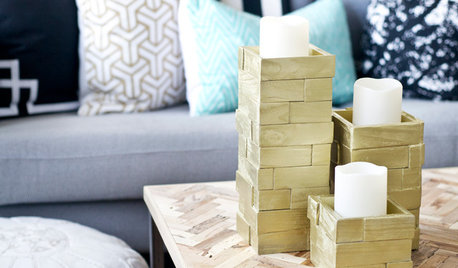
DIY PROJECTSMake Fall-Perfect Wooden Candleholders — Without a Woodshop
Store-bought wood shims and glue mean you can hand craft these eye-catching holders with less fuss
Full Story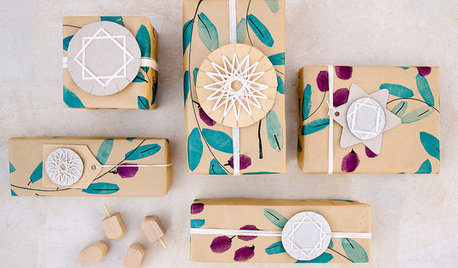
HOLIDAYSHoliday DIY: Get Wrapped Up in These Geometric Star Paper Crafts
No glue required: Just a ball of string and some cardboard are all you need to get started making a garland or gift tag
Full Story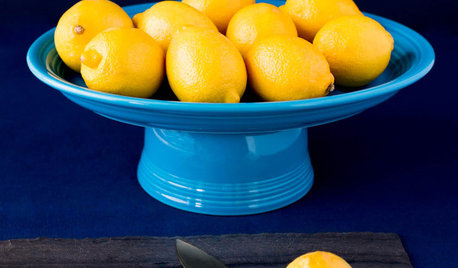
MOST POPULARThe Easiest, Most Versatile Cake Stand You'll Ever Make
Show off sweet somethings and your own impressive handiwork — just don't let on how little effort it took
Full Story
MOST POPULARA Contractor's Secrets to Hanging Holiday Decor
Hang a wreath or garland on brick, concrete, Sheetrock or wood the professional way — and avoid the potential pitfalls
Full Story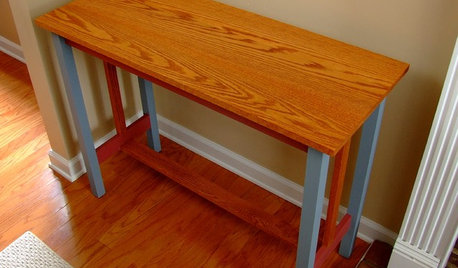
DIY PROJECTSPocket Hole Joinery, the Beginning Woodworker's Best Friend
Make a wide range of sturdy wooden pieces with just this little bit of know-how
Full Story
DECORATING GUIDESCrafty Homes Unleash a Wildly Creative Spirit
Mix an offbeat aesthetic with a DIY demeanor, and what have you got? One-of-a-kind homes with a sense of design adventure
Full Story
FLOORSWill Cork Float for Your Bathroom Floor?
Get the facts on advantages, disadvantages, costs and installation to see if a cork bathroom floor is right for you
Full StorySponsored
Your Custom Bath Designers & Remodelers in Columbus I 10X Best Houzz
More Discussions








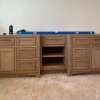
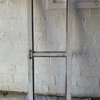

sombreuil_mongrel
brickeyee
Related Professionals
Harrison Cabinets & Cabinetry · Town 'n' Country Cabinets & Cabinetry · Caldwell Carpenters · Lebanon Carpenters · North Miami Beach Carpenters · Parsippany Carpenters · Hilton Head Island Flooring Contractors · Pittsburgh Flooring Contractors · Redlands Flooring Contractors · Tanque Verde Flooring Contractors · Fullerton Flooring Contractors · Lebanon Furniture & Accessories · Minneapolis Furniture & Accessories · Toledo Furniture & Accessories · Carson City Furniture & Accessoriesaidan_m
bobismyuncleOriginal Author
mike_kaiser_gw
aidan_m
bobismyuncleOriginal Author
mike_kaiser_gw
brickeyee